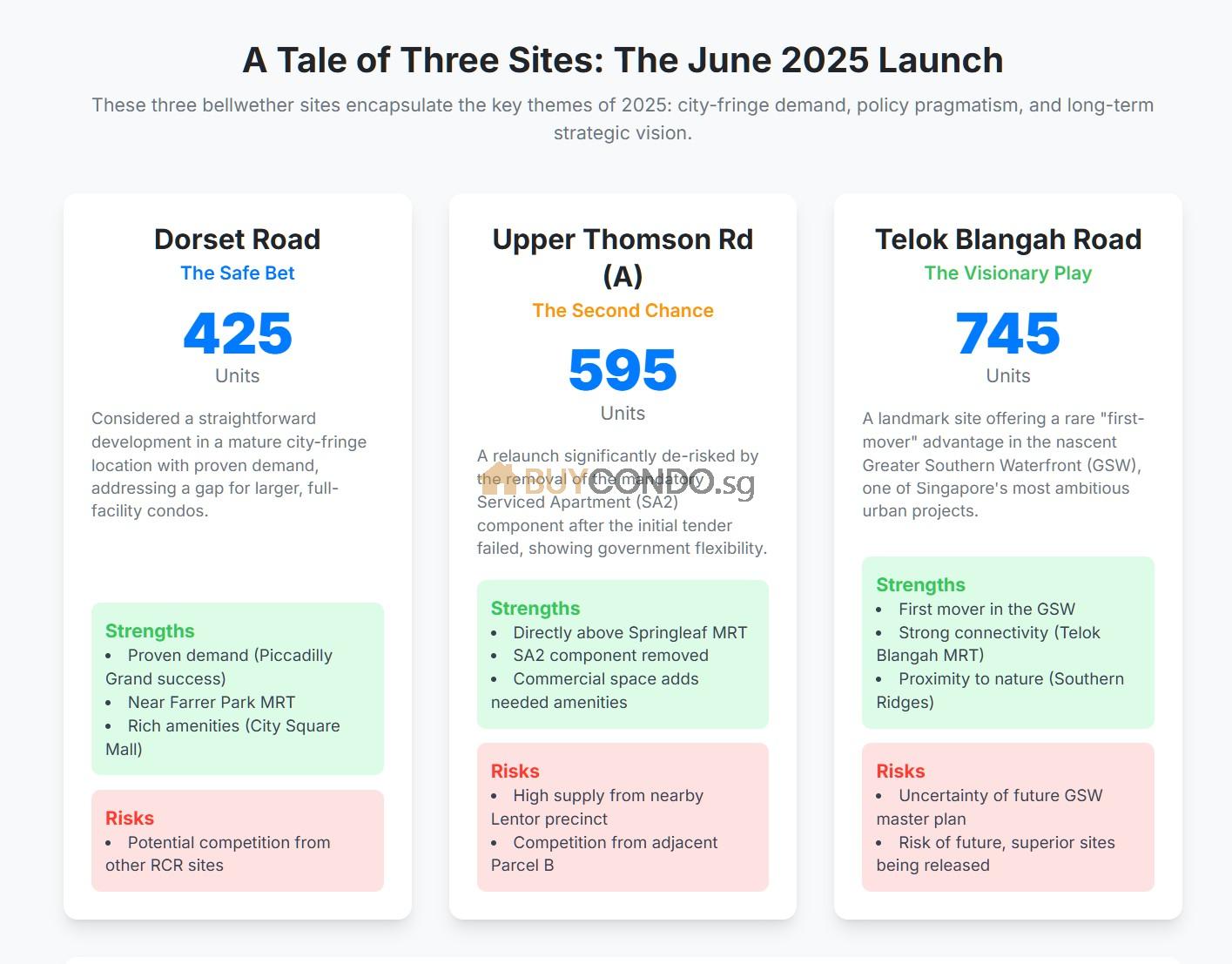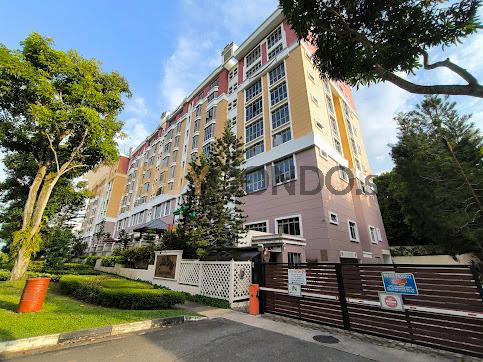Fire Insurance vs Home Insurance (HDB/Condo/Commercial)

Nothing is more important than a good, safe, and secure home. Home insurance ensures it is well protected from unforeseen circumstances such as fire or flooding.
Based on SCDF’s Annual Statistics for Fire, Emergency Medical Services and Enforcement Statistics 2021, there were a total of 1,010 residential fires. The causes were mainly unattended cooking and electrical origin, such as electrical sockets overloading.
Source: SCDF Fire, Emergency, Medical Services and Enforcement Statistics 2021
With many options available, it is crucial to understand the different types of home insurance and what to look out for when choosing a policy.
HDB Fire Insurance
For the flat owner with HDB loans (on or after 1 September 1994), you need to have HDB Fire Insurance for your home if you have an outstanding HDB loan.
The HDB Fire Insurance policy was created to mitigate the financial stress of HDB flat owners in case of a fire incident. The policy covers the cost of fixing internal structures, fixtures, and areas provided by HDB that were damaged in a fire. However, it does not cover household items like furniture, personal belongings, or renovation costs.
Conversely, home insurance enhances and addresses fire insurance’s limitations. Besides covering the cost of restoring your flat’s original structure, it allows you to make claims if your personal belongings, renovations, or home improvements are damaged in a fire or any common disasters such as smoke damage and bursting of water tanks or pipes. Although restoring your home can still be challenging, home insurance helps alleviate the added stress of incurring out-of-pocket expenses.
As a resident of a condominium or apartment registered as an MCST property, your Management Committee has to ensure the entire building is insured against fire damage. If the property sustains damage, the MC will file a claim with the insurance company and use the compensation to repair the damage. However, it’s worth noting that the MCST fire insurance policy may not include coverage for upgrades and modifications made by individual homeowners. Hence, homeowners should review their MCST’s fire insurance policy and purchase separate coverage.
Types of Home Insurance Coverage Available?
Generally, there are two types of home insurance coverage – “Named Insured Perils” and “All Risks“.
As the name suggests, a “Named Insured Perils” policy covers your home for specified risks such as fire, flood, or theft (as listed in the policy wording). In contrast, an “All Risks” policy offers protection against all causes that are not explicitly excluded in the policy.
Here are some of the expected significant types of coverage offered:
– Home Contents (e.g., furniture, appliances and personal items like clothes and artwork)
– Renovation Work
– Personal Liability
Homeowner

Home insurance is crucial if you own the home where you live. The things inside your home are all yours, and you likely invested a significant amount of money in renovating and adding features you like. It’s advisable to opt for a more thorough home insurance coverage in this case.
Homeowners may need to factor in significant expenses like temporary living arrangements or damage done to others’ property during a time of substantial property damage.
Landlord
If you are renting out an unrenovated and unfurnished property, it’s best to go for basic coverage that covers the internal and external structures of the unit. However, if your rental property has undergone renovation and has furniture, it’s wise to extend the coverage to include loss or damage to the contents and renovation due to accidents.
As a landlord, you face various risks, including the possibility of a loss of rent if the property is damaged and tenants default on their responsibilities, like rent payments. You also might have legal obligations to your tenants and neighbours if any incidents at your property affect their well-being.
Tenants
Tenants might mistakenly believe that if their belongings are destroyed due to a break-in, fire, flood, or another disaster, their landlord’s home insurance will cover their losses. However, this is not true. The landlord’s home insurance only covers their interest in the property, leaving the tenant’s personal items without coverage and unprotected.
Just as landlords have obligations, tenants also have responsibilities. The tenant is responsible for protecting their personal items and investments made in their rented space, such as customized furniture and expensive home appliances. This is especially important if the home is not fully furnished since most furniture and appliances are under tenants’ ownership.
It is also essential for tenants to be prepared to compensate for any damages to the landlord’s property, including the building, renovations, and contents, that may occur during the rental period or in the case of a third-party injury caused by the tenant’s actions.
Things to take note
Average Clause VS First Loss Basis
Coverages under home insurance are either on an “average clause” or “first loss basis”.
When your home insurance policy includes an “average clause”, your compensation will be based on the value of your property rather than the amount you have insured it. This can result in a reduced payout if your insurer determines that the amount insured on your policy is lower than the actual value of your contents or the cost of rebuilding your property.
This clause aims to ensure that customers accurately report the value of their property and contents to pay the correct insurance premiums.
Here is an example:
Let’s say the value of your home is S$1,000,000, but you have insured it for S$500,000. If you experience losses worth S$200,000, under the average clause, your insurer will not pay out the total of S$200,000. Instead, they will only pay 50% of the claim (S$100,000) because you were only insured for half of the total value.
Whereas when the coverage is on a “first loss basis”, there is no penalty for under-insurance as illustrated above, and it pays losses up to the sum insured.
For the scenario above, under a “first loss basis”, the payout will be 100% of the claim.
Estimating the sum insured for home insurance?

Owners of landed properties are encouraged to ensure that the coverage listed in their policy is adequate for rebuilding the property in the event of a loss. Having a sum insured that is too low can result in a lower payout in the event of a claim while having a sum insured that is too high can lead to paying unnecessary premiums. To accurately determine the appropriate coverage, consult a professional property valuer or quantity surveyor.
The sum insured amount is typically calculated based on the replacement cost, including the cost to rebuild the property and additional expenses such as professional services and debris removal fees.
For a rough estimate of the replacement cost calculation, you may refer to the calculation guideline listed on the General Insurance Association’s website.
To Conclude:
There are a few things to keep in mind when choosing home insurance coverage:
– first, make sure you understand the types of coverage available and which would be the best for your specific needs;
– secondly, be sure to discuss your specific insurance needs with a qualified professional; and
– finally, always keep copies of important documents ) in case of theft or other incidents. By taking these simple steps, you can ensure that you have the protection you need to safeguard your home and belongings – while minimizing hassle and cost. If you have any questions or want to speak with a representative about your home insurance needs, please don’t hesitate to contact us today.
Guest Blog Post Writer:
Signing of Marcus Lim, Great Eastern Singapore
Landlords who is leasing out your Properties:
Why Should You Partner With a Property Management Company?













